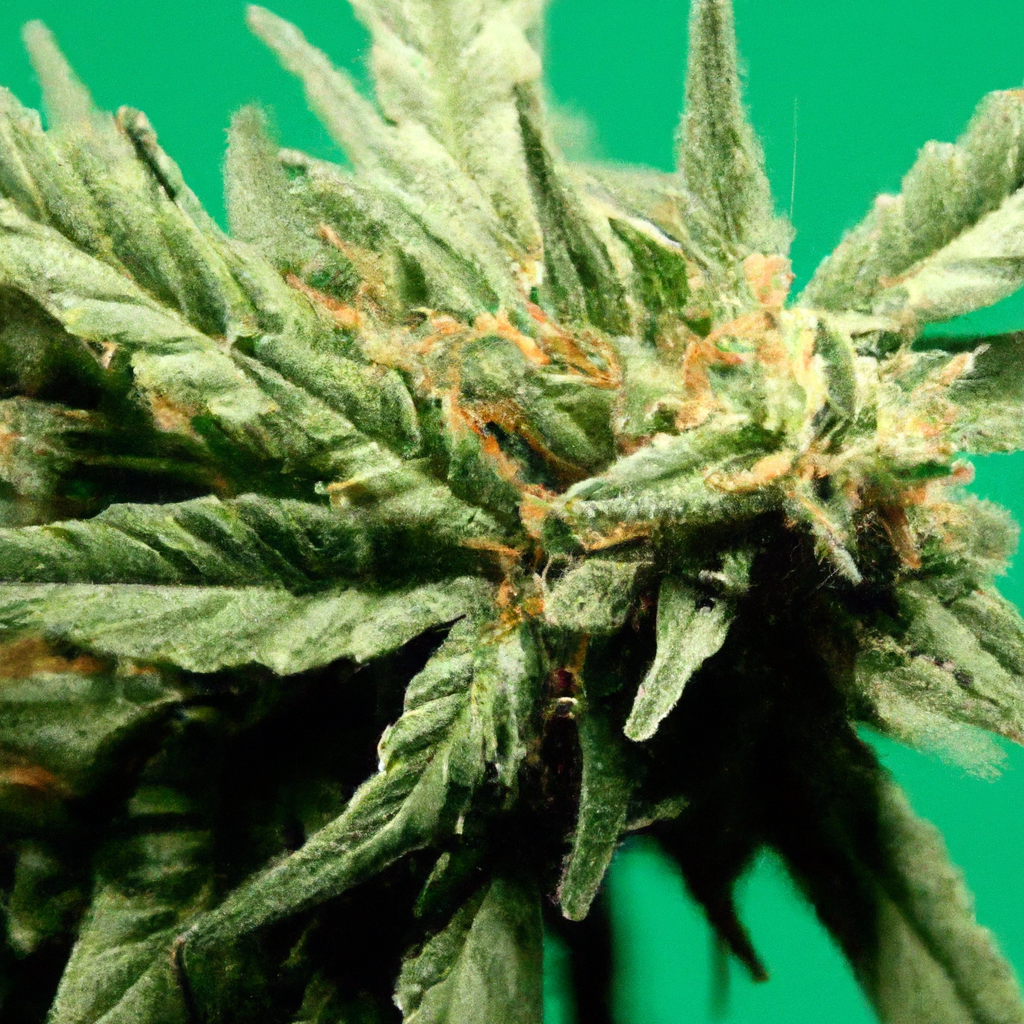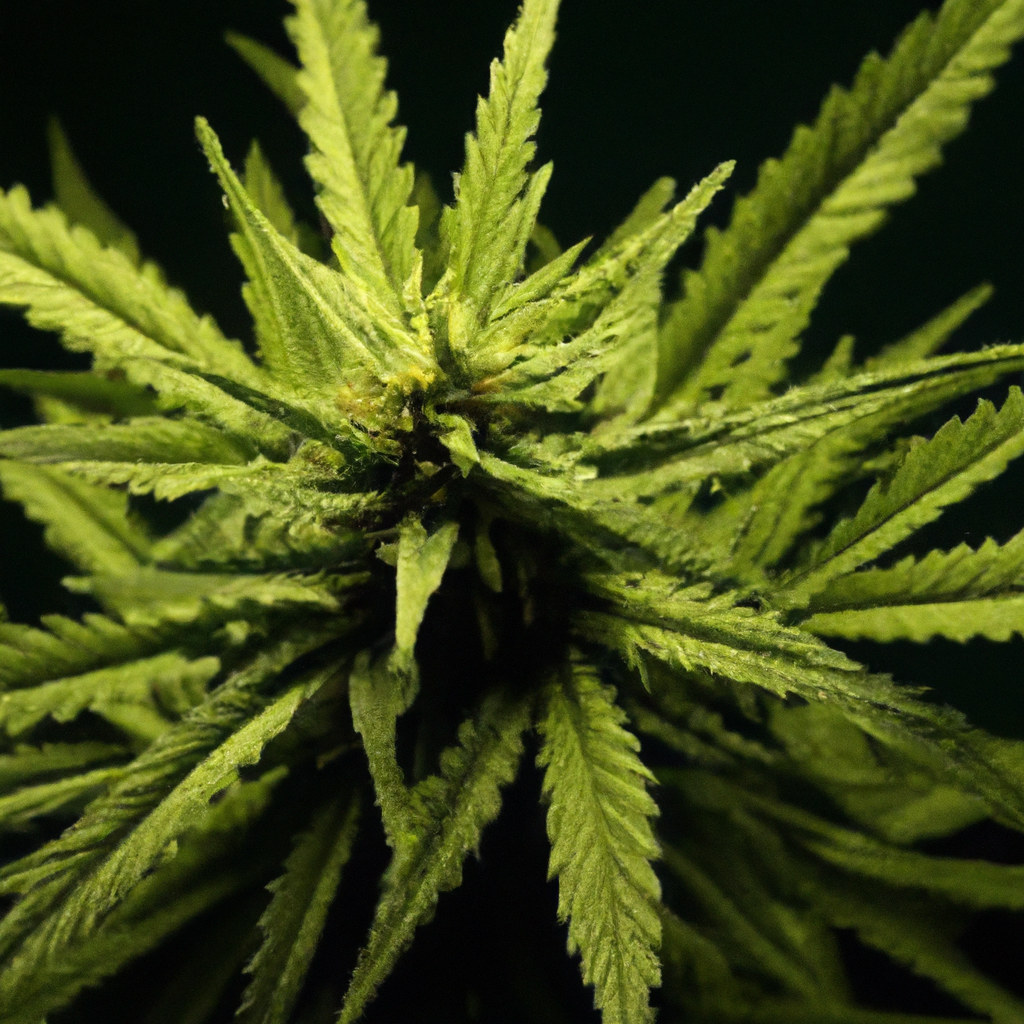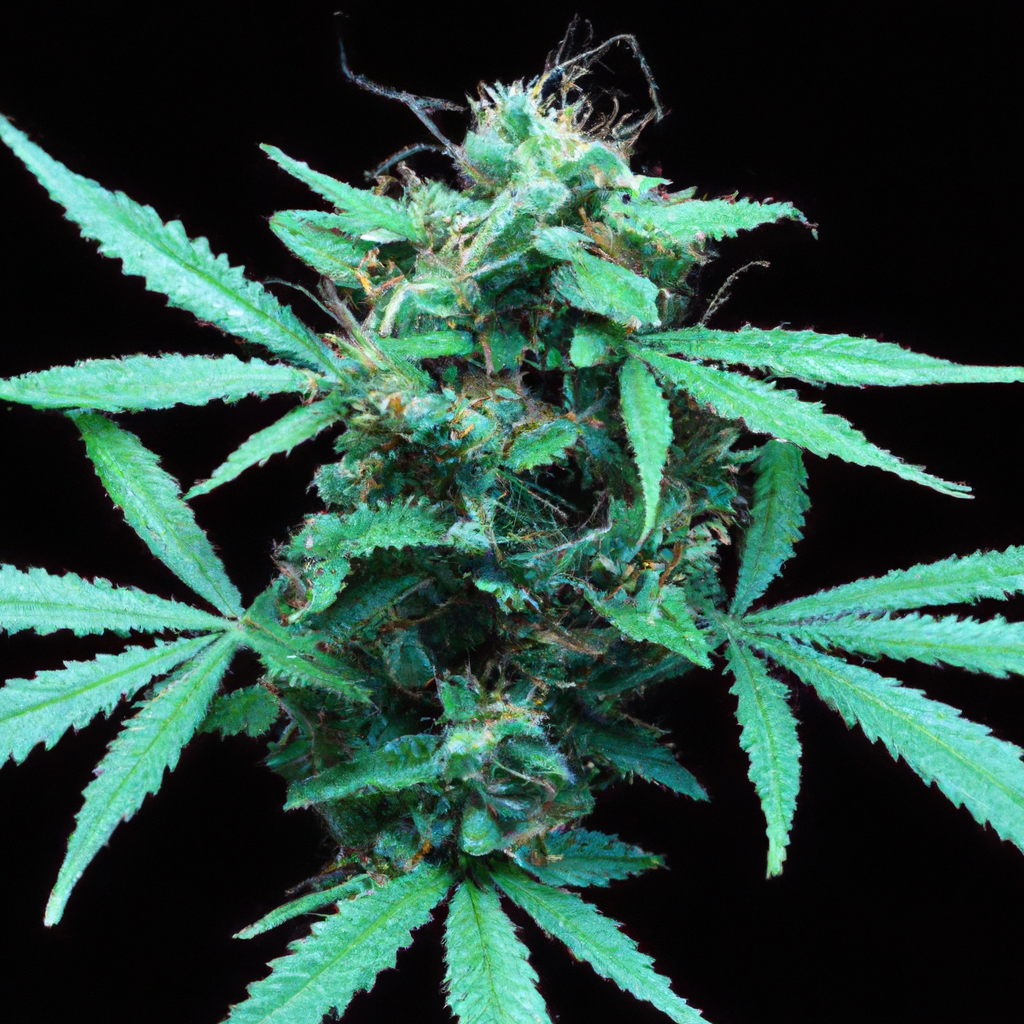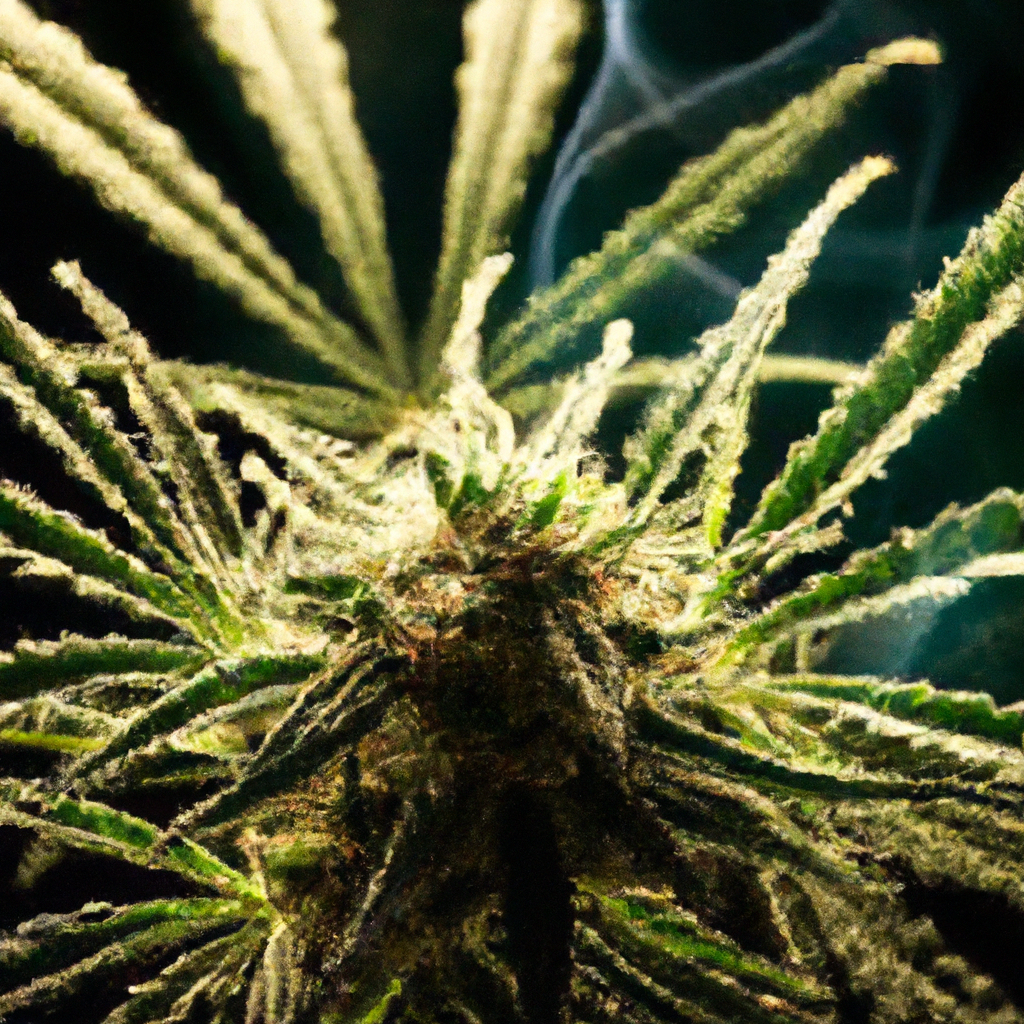Your cart is currently empty!
Tag: neuroplasticity

Cannabis has gained attention for its potential effects on neuroplasticity, the brain’s ability to form new neural connections. Recent research suggests cannabis interacts with the endocannabinoid system to influence brain plasticity, stimulate neurogenesis, and reduce brain inflammation. These effects could have significant implications for mental health, such as treating depression, anxiety, and PTSD, as well…

Recent research has highlighted the intriguing relationship between cannabis and neuroplasticity, the brain’s ability to reorganize itself by forming new neural connections. Cannabis compounds like THC and CBD may influence neuroplasticity, with THC potentially enhancing synaptic plasticity and CBD offering neuroprotective effects. Studies suggest cannabis could aid in learning, memory, and recovery from brain injuries,…

As research into cannabis advances, its interaction with neuroplasticity—the brain’s ability to form new neural connections—emerges as a significant area of interest. Cannabis may influence neuroplasticity by affecting neurotransmitter release, with potential therapeutic applications for neurodegenerative diseases, mood disorders, and cognitive enhancements. However, challenges such as variability in strains and legal barriers must be addressed…

The blog post explores how cannabis affects neuroplasticity, the brain’s capacity to reorganize itself by forming new neural connections. Cannabis, especially CBD, may enhance synaptic plasticity, protect neural connections, and influence neurogenesis, potentially aiding in learning, memory, and recovery from injuries. This interaction opens the door to therapeutic applications, such as supporting brain injury rehabilitation,…
